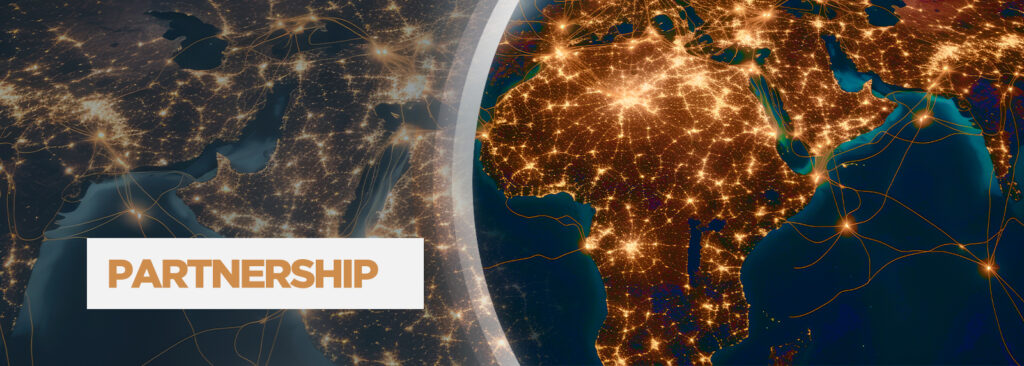Access to reliable and affordable internet connectivity is essential to Africa’s future economic growth. It will also help in reducing unemployment, creating business opportunities and help foster and promote cross-border trade and promote political stability.
Whilst internet connectivity in sub-Saharan Africa is currently outpacing many of the more developed economies, the challenge for African leaders is to ensure that digital policies are inclusive and bring benefit to the broader populations through the free flow of data across networks, boundaries and borders. For this to occur, regulatory authorities need to collaborate and reduce regulatory bureaucracy wherever this is possible. Besides the promise of more cables like Equiano and 2Africa - investment in the development of digital hubs is critical in facilitating and supporting the expansion of local networks and real continental connectivity.
Through a series of public / private partnerships the Angola government in progressively promoting the country’s capital as a major digital hub or intersection on the continent - and it makes sense too.
Apart from being midway between the North and South points of Africa, it is a major data entry and exit point for much of the electronic data being transmitted to and from sub-Saharan Africa. Subsea cables such as the South Atlantic Cable System or SACS, offers an express link for companies and entities in Africa to share content, data and networks with other parts of the world - at vastly reduced latencies. Currently, more than 70% of data in Africa is distributed to other continents across the globe through the Angola hub.
Companies like, Angola Cables - a major international connectivity and digital service provider, have invested in subsea cable, network and data centre infrastructure to advance digital transformation on the continent. As Africa’s most interconnected network operator, its secure infrastructure is a major wholesaler and carrier of the continent’s data and internet traffic to other parts of the world.
The increase in terrestrial infrastructures, networks and data center operations across Africa is being made possible through international landing points such as Luanda and will provide a neutral access point for future undersea cables as the demand for digital services increases. Such neutral landing points and the construction of neutral data centres should be encouraged as this will help to expand local network ecosystems that could drive additional business opportunities.
In addition to improving internet and cloud connectivity, new subsea cables in Africa can also provide other benefits, such as:
- Increased economic growth: By making it easier for businesses to connect with customers and partners around the world, new subsea cables can help to boost economic growth in Africa.
- Improved education: By providing access to online education resources, new subsea cables can help to improve the quality of education in Africa.
- Better access to healthcare: By providing access to online healthcare resources, new subsea cables can help to improve the quality of healthcare in Africa.
- Strengthened disaster resilience: By providing a more reliable and resilient internet infrastructure, new subsea cables can help to strengthen Africa's ability to withstand natural disasters and other disruptions
Whilst the new subsea cables will certainly boost cloud computing adoption in Africa, making it easier and more affordable for businesses and individuals to access cloud computing services, the opportunity to access other existing cables and data centre platforms through neutral digital hubs, we may miss out on the opportunity to unlock the real value that such partnerships can contribute to in terms of real economic growth and innovation in Africa.


